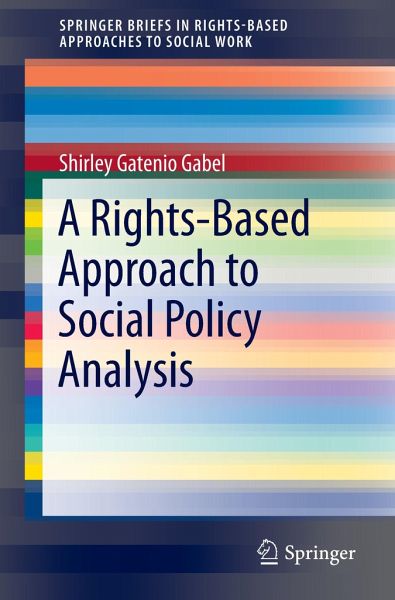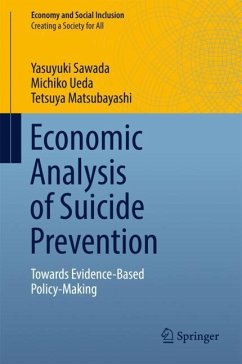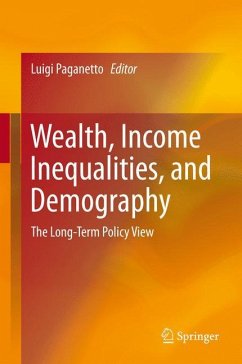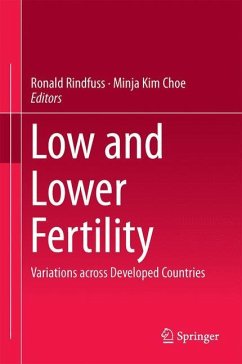
A Rights-Based Approach to Social Policy Analysis

PAYBACK Punkte
23 °P sammeln!
This brief resource sets out a rights-based framework forpolicy analysis that allows social workers to enhance their long-term vision aswell as their current practice. It introduces the emerging P.A.N.E.(Participation, Accountability, Non-discrimination, Equity) model for evaluatingsocial policy, comparing it with the traditional needs-based charity model interms of not only effectiveness and efficiency but also inclusion and justice. Recognizedstandards for human rights are used to identify values crucial to informing policygoals. Exercises, key documents, and an extended example illustrate b...
This brief resource sets out a rights-based framework forpolicy analysis that allows social workers to enhance their long-term vision aswell as their current practice. It introduces the emerging P.A.N.E.(Participation, Accountability, Non-discrimination, Equity) model for evaluatingsocial policy, comparing it with the traditional needs-based charity model interms of not only effectiveness and efficiency but also inclusion and justice. Recognizedstandards for human rights are used to identify values crucial to informing policygoals. Exercises, key documents, and an extended example illustrate both the processesof creating empowering social policy and its best and most meaningful outcomes.
Included in the coverage:
Rights-based and needs-based approaches to social policy analysis. Regional and international human rights instruments. Grounding social policies in legal and institutional frameworks. Conceptualizing social issues from a human rights frame. Measuring progress on the realization of human rights. Rights-based analysis of maternity, paternity, and parental leaves in the United States.
For social workers and social work researchers, A Rights-Based Approach to Social Policy Analysisgives readers a modern platform for achieving the highest goals of thefield. It also makes a worthwhile class text for social work programs.
Included in the coverage:
Rights-based and needs-based approaches to social policy analysis. Regional and international human rights instruments. Grounding social policies in legal and institutional frameworks. Conceptualizing social issues from a human rights frame. Measuring progress on the realization of human rights. Rights-based analysis of maternity, paternity, and parental leaves in the United States.
For social workers and social work researchers, A Rights-Based Approach to Social Policy Analysisgives readers a modern platform for achieving the highest goals of thefield. It also makes a worthwhile class text for social work programs.














